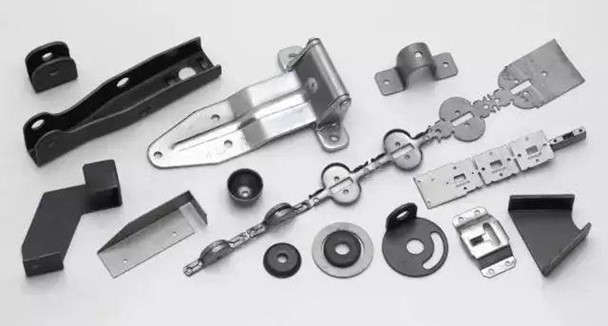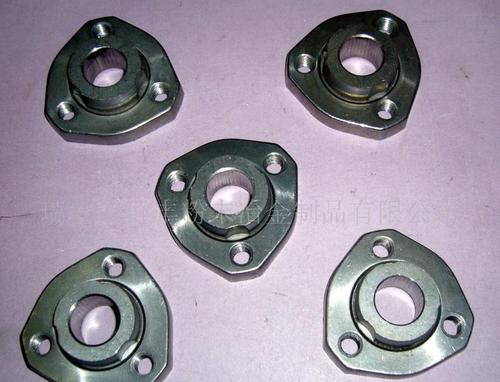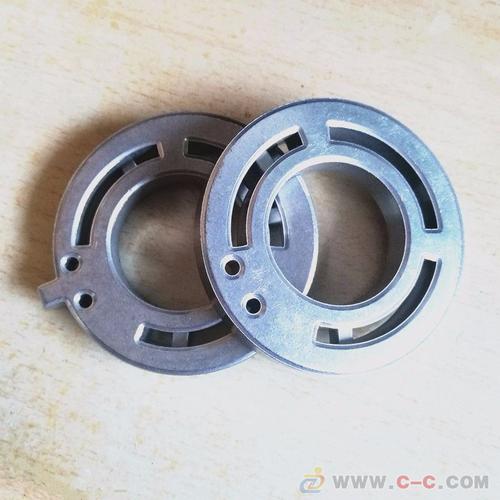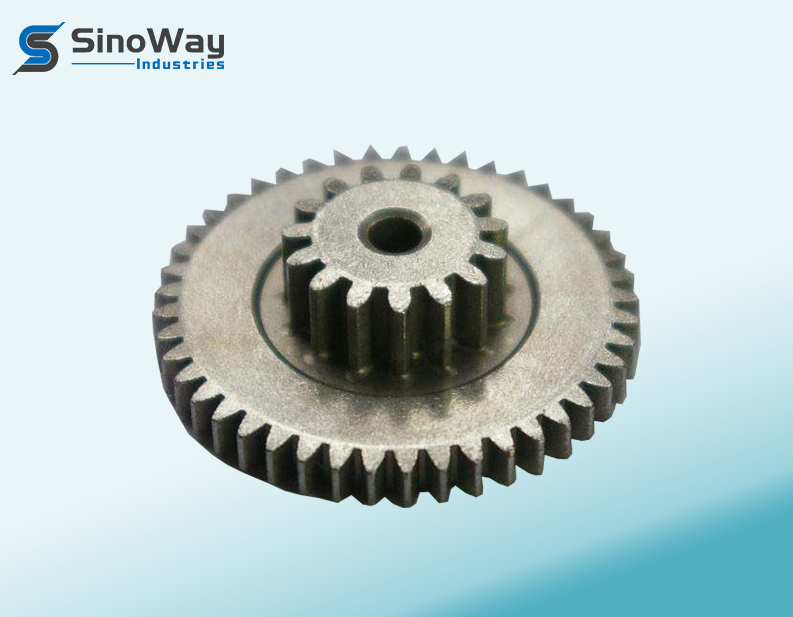Sheet metal bending is a fundamental process in manufacturing, used to create complex shapes, angles, and components from flat sheets of metal. As a trusted sheet metal manufacturer, Sinoway offers top-tier bending services that meet the highest standards of precision, consistency, and quality. Our sheet metal bending solutions cater to diverse industries, including automotive, aerospace, electronics, and construction, where accuracy and durability are paramount.
In this article, we’ll explore the benefits of precision sheet metal bending, the bending techniques we use, and how Sinoway ensures the highest quality in every bend.
Why Sheet Metal Bending is Essential
Sheet metal bending is crucial for creating parts and components with specific angles, curves, and contours that are difficult to achieve with flat sheet metal alone. This process allows manufacturers to produce everything from brackets and enclosures to structural parts and aesthetic components, providing essential flexibility and customization.
Key Benefits of Sheet Metal Bending
- Enhanced Structural Integrity: Bending metal can improve its structural integrity by strengthening certain areas and reducing the need for fasteners.
- Design Flexibility: Bending offers nearly unlimited possibilities in shapes and angles, allowing manufacturers to create complex designs.
- Cost Efficiency: By reducing the need for multiple pieces and assembly, bending can streamline production and reduce costs.
- Aesthetic Appeal: Precise bending ensures smooth, clean edges, improving the visual quality of products like enclosures, appliances, and architectural elements.
Sinoway’s precision bending services ensure each part meets the exact design specifications, delivering reliable results with every angle and curve.
Sheet Metal Bending Techniques at Sinoway
At Sinoway, we employ various sheet metal bending techniques tailored to meet the specific needs of each project. By leveraging advanced technology and skilled craftsmanship, we provide accurate, high-quality bends across a wide range of materials and thicknesses.
1. Air Bending
Air bending is a common and versatile bending technique where the punch does not force the sheet all the way into the die, allowing for greater flexibility in the angle achieved. By controlling the punch depth, Sinoway can achieve different angles without changing the tooling, making air bending a cost-effective solution for custom parts.
Benefits of Air Bending:
- Offers flexibility in angle adjustments.
- Requires minimal tooling changes.
- Ideal for producing a variety of angles with the same tooling setup.
2. Bottom Bending (Coining)
Bottom bending, also known as coining, is a technique where the sheet metal is pressed fully into the die, producing a precise, repeatable angle. This method creates a more accurate bend and increases the strength of the bend, as the metal is “coined” into shape.
Benefits of Bottom Bending:
- Delivers high precision and consistency.
- Ideal for applications requiring tight tolerances.
- Produces strong, durable bends.
Sinoway’s bottom bending capabilities allow us to meet stringent quality and dimensional accuracy requirements, ensuring each part maintains its shape and integrity.
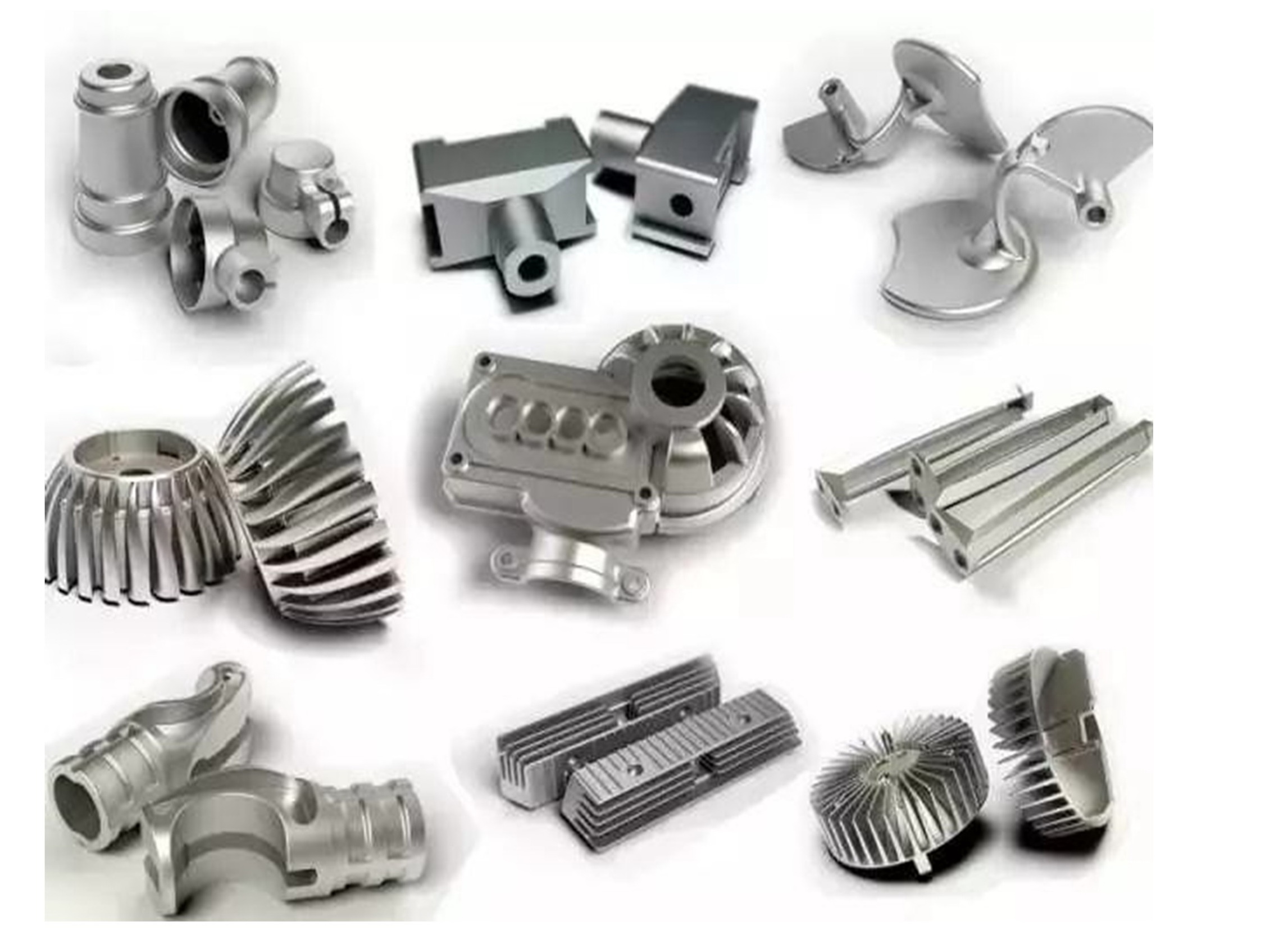
3. V-Bending
V-bending is one of the most common bending techniques, using a V-shaped punch and die to create angular bends. The versatility of V-bending makes it suitable for creating a variety of angles and shapes. Sinoway’s V-bending process accommodates different thicknesses and angles, providing flexibility for custom projects.
Benefits of V-Bending:
- Suitable for a wide range of angles.
- Cost-effective for custom bends.
- Ideal for basic shapes and standard bends.
4. Roll Bending
Roll bending is used to form large-radius curves and cylinders by passing the sheet metal through a series of rollers. This process is ideal for creating round or curved parts, such as tubes, pipes, and cylindrical enclosures. Sinoway’s roll bending equipment allows for precise control over the radius, ensuring consistent curvature across each part.
Benefits of Roll Bending:
- Ideal for producing large-radius curves and circular parts.
- Provides smooth, consistent bends without creasing.
- Suitable for a range of thicknesses and material types.
5. U-Bending
U-bending is a specialized process for creating U-shaped bends, which are commonly used in brackets, enclosures, and frames. By using a U-shaped punch and die, Sinoway produces bends that maintain consistent width and depth, essential for parts that require exact alignment and fit.
Benefits of U-Bending:
- Produces precise, uniform U-shaped bends.
- Ideal for brackets, channels, and enclosures.
- Maintains consistent width and depth for accurate assembly.
6. Edge Bending (Flanging)
Edge bending, or flanging, is used to create a narrow bend along the edge of the sheet metal. This technique is often employed to strengthen the edges, provide mounting surfaces, or add aesthetic value to parts like enclosures and panels. Sinoway’s edge bending process ensures clean, accurate edges that improve both the functionality and appearance of the final product.
Benefits of Edge Bending:
- Strengthens the edges of parts.
- Adds functional or decorative features.
- Ideal for components that require reinforcement.
Materials We Work With
Sinoway’s sheet metal bending services cater to a variety of materials, each chosen to meet specific requirements for strength, durability, weight, and corrosion resistance. Our commonly used materials include:
- Aluminum: Lightweight, corrosion-resistant, and highly formable, aluminum is ideal for automotive, aerospace, and consumer electronics applications.
- Stainless Steel: Known for its strength and corrosion resistance, stainless steel is often used in medical, food processing, and industrial applications.
- Carbon Steel: Strong and versatile, carbon steel is suitable for structural parts and heavy-duty applications.
- Brass and Copper: With excellent conductivity and aesthetic appeal, these materials are commonly used in electrical and decorative applications.
Sinoway’s expertise in handling different materials ensures that each bend meets the material’s unique properties and performance requirements.
Quality Control in Sheet Metal Bending
Precision is essential in sheet metal bending to ensure that each part meets dimensional accuracy, tolerance, and fitment specifications. At Sinoway, our quality control process includes inspection, measurement, and verification to maintain the highest standards in every part we produce.
1. Dimensional Inspection
Our quality control team uses precision measuring tools like calipers, micrometers, and Coordinate Measuring Machines (CMMs) to verify that each bend meets dimensional specifications. This ensures that each part achieves the correct angles, lengths, and widths, resulting in accurate, consistent products.
2. Angle Verification
Angle verification is critical in sheet metal bending to ensure each bend aligns with the design specifications. Sinoway employs digital protractors and angle gauges to measure and verify angles, maintaining consistency across production batches.
3. Surface Finish Inspection
The bending process can affect the surface finish of sheet metal parts. Our QC team inspects each part’s surface for scratches, dents, or distortions, ensuring that the final product meets aesthetic and functional requirements.
4. Material Integrity Testing
Bending can place stress on the material, so it’s essential to check for cracks or deformations, particularly on tight bends. Sinoway performs material integrity testing to ensure that each part remains structurally sound, especially for applications where strength and durability are critical.
Applications of Precision Sheet Metal Bending
Precision sheet metal bending plays a vital role in creating parts for various industries, each with specific requirements for strength, durability, and appearance.
1. Automotive Industry
In the automotive sector, bent sheet metal parts are used for brackets, frames, chassis components, and interior panels. Precision bending ensures that each part fits seamlessly, contributing to the vehicle’s structural integrity and aesthetic appeal.
2. Electronics and Enclosures
Bent sheet metal parts are essential for enclosures, panels, and mounts used in electronics. Sinoway’s bending process ensures accurate dimensions and a smooth finish, resulting in enclosures that protect components and meet aesthetic standards.
3. Aerospace Industry
In aerospace, precision is critical. Sheet metal bending is used to create lightweight, durable parts such as brackets, support frames, and structural components. Sinoway’s bending services meet the strict tolerance and quality requirements necessary for aerospace applications.
4. Construction and Architecture
In construction and architectural applications, bent sheet metal is used for facades, brackets, rails, and decorative elements. Our precision bending ensures that each component maintains its shape and strength, even in challenging environments.
5. Medical Equipment
Medical devices and equipment require high-quality, reliable parts. Sinoway provides bending services for stainless steel components used in medical equipment, where durability and corrosion resistance are essential.
Why Choose Sinoway for Sheet Metal Bending Services?
At Sinoway, we are committed to delivering precision in every angle. Our state-of-the-art bending equipment, skilled technicians, and stringent quality control processes ensure that each part meets the highest standards for accuracy, strength, and appearance.
Here’s What Sets Sinoway Apart:
- Advanced Bending Technology: Our facility is equipped with the latest CNC press brakes and bending machines, allowing us to achieve precise bends with minimal setup times.
- Experienced Team: Our engineers and technicians bring extensive expertise in sheet metal bending, ensuring high-quality results in every project.
- Customized Solutions: We work closely with clients to understand their requirements and provide tailored solutions that meet specific design and functional needs.
- Commitment to Quality: From initial material inspection to final product verification, Sinoway maintains strict quality control measures to ensure consistency and reliability.
- On-Time Delivery: With efficient production processes and a dedicated team, we meet deadlines without compromising quality, making us a trusted partner for time-sensitive projects.
Conclusion
Precision sheet metal bending is an essential process in modern manufacturing, offering flexibility, strength, and customization for various applications. At Sinoway, our commitment to quality and precision ensures that each bend meets exact specifications, delivering reliable, high-quality parts that meet the needs of our clients across industries.
If you’re looking for a sheet metal manufacturer with expertise in precision bending, Sinoway is here to help. Contact us today to learn more about how our sheet metal bending services can support your project’s success.


